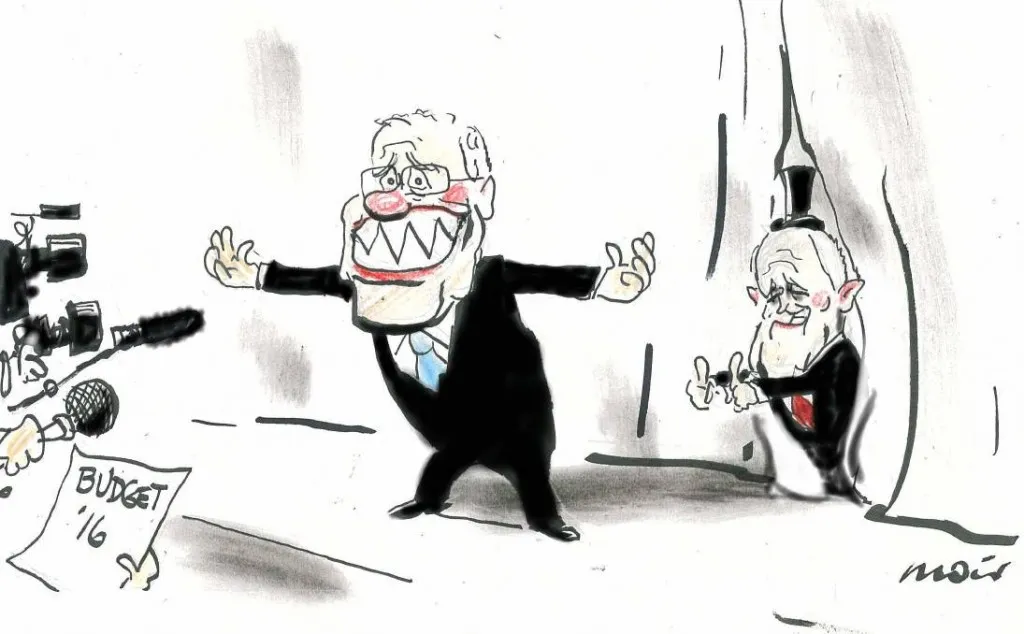
May 4, 2016 How does the 2016-17 Federal Budget Affect Your Small Business?
With an election looming large the Coalition’s Federal budget for 2016-17 is naturally a fairly tame yet highly politicised instrument.
Small-Medium Enterprises (SME) enjoyed a central focus in the Treasury’s 2015-16 offering and whilst not rising as the hero of Morrison’s first budget, there is a clear future trajectory for the decrease in corporate tax that cannot be overlooked…
10-year Enterprise Tax Plan
- Small businesses redefined - From 1 July 2016, tax cuts previously available to companies with a revenue of less than $2 million shall be extended to those with a turnover up to $10 million.
- What tax cuts? Last year the company tax rate was reduced from 30 to 28.5%, yet the commencement of the 2016-17 financial year will see this further decreased to 27.5%.
- Incremental decline - This rate will continue to drop until the goal tax rate of 25% is reached in time for the release of the 2026-27 budget for ALL companies. 25% is a reflection of the average OECD company tax rate.
- Extending deductions - The tax deduction previously available to small businesses purchasing assets up to the value of $20,000 will be accessible to the newly defined small business with turnover less than $10 million until 30 June 2017 (buy up soon!)
- Unincorporated businesses with an annual revenue not exceeding $5 million are set to benefit from a tax discount of 8%, rising three percentage points from last year (capped at $1000). The cut is expected to increase to 16% by the close of the 10-year scheme.
Incentives
- In conjunction with the Federal Government’s Digital Transformation Office (DTO), a digital marketplace is being designed to encourage SMEs and startups to compete for the provision of ICT services to government departments. Take a piece of the $5 billion pie!
- Want simpler BAS? Apparently it’s coming! In the testing phase at present, small businesses (less that $10 million revenue) can look forward to more efficient and less costly compliance…by 1 July 2017.
- In line with the rhetoric of the National Innovation and Science Agenda, the creation of ‘landing pads’ in Berlin and Singapore has been fast-forwarded as a 2016-17 priority following a $2.4 million funding boost. Oh and $200 000 shall be contributed to promoting Australia as a fintech ‘destination of choice’.
Jobs, Jobs, Jobs…because budget.
- Seeking fresh talent? Take on a voluntary intern whom has spent six months in youth employment services for 4-12 weeks. Businesses receive an up-front $1000 payment for partaking in the scheme, while interns maintain their income support with a $200 fortnightly bonus courtesy our friends in Parliament.
- Employ the intern afterwards and receive a minimum wage subsidy of $6500 and that warm, fuzzy feeling.
According to Scott Morrison MP this ‘budget is an economic plan, it’s not just another budget,’ suggesting that the Coalition intend to see this plan through to fruition, but come 2 July 2016 that decision is in your hands.
All information provided on this webpage is general information about our products and services. Nothing on this webpage is intended to be professional advice of any kind and should not be relied on as such. You should obtain specific financial, legal or other professional advice before relying on the content of this webpage. By not seeking such advice, you accept the risk that the information on this webpage may not meet the specific needs of your business. Our liability is limited to the maximum extent permitted by applicable law in accordance with our website terms and conditions.
